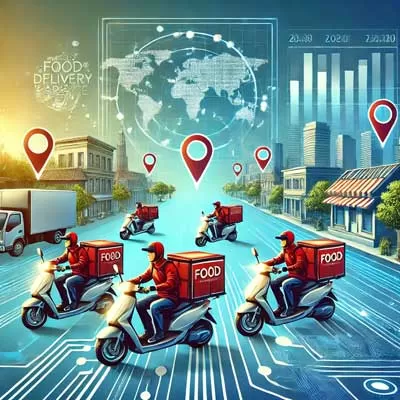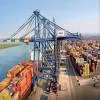The year 2019 was a breakthrough year in terms of digitisation of the Indian construction industry.
The industry witnessed a push and utilisation of cutting-edge software technology for real estate, industrial as well as infrastructure projects. “Every construction company today is convinced that technology is the way forward,” says Velprakash K, Executive Director & Sector Head- PDS, JLL India. “From cloud-based collaboration to robots and artificial intelligence – an incredible array of developments is helping improve the way buildings and infrastructure development happens in India.”
Cloud-based collaboration, adoption of 3D modelling and BIM are making a significant shift towards constructible models, industrial robots. “These tools along with IoT will help construction companies connect, collaborate and be a real time data driven sector,” says Velprakash, with confidence that the year 2020 will continue witnessing similar trends.
Coming in of technology start-ups
It is interesting to see how far the industry has come to be from site based and non-desktop jobs to technology driven industry.
“At JLL, Velprakash says, “...we believe these start-ups should be given the right support and push required to transform this industry with more advanced technologies. JLL IDEAs is India’s biggest real estate proptech accelerator that promotes start-ups working on cutting edge, disruptive technologies and solutions impacting developers, investors and occupier clients in the country.” The programme aims to create India’s biggest platform for convergence of technology in real estate sector.
As an earlier JLL report underlines, it would be possible for construction stakeholders to optimise and automate the construction process and make faster project delivery possible. They could ensure that fewer resources will be required for the smooth development and completion of the building process.
Some of the ways in which start-ups are establishing their presence in this field:
Collaboration software, offsite construction, big data and AI are some of the major areas of focus for these start-ups and focus of improvement for construction companies.
Upcoming trends
Building Information Modelling (BIM), cloud and mobile technology, drones or Unmanned Aerial Vehicles (UAVs), Virtual Reality (VR), and artificial intelligence and robotics are some of the technology construction companies will be bound to adopt going forward. Velprakash K elaborates:
- Cloud-based collaboration: Effective communication is a prerequisite for successful execution of any project, more so for complex real estate projects that involve large number of people in the project ecosystem. With cloud based collaborations, the hope for future is bigger.
- Shift towards constructible models: The adoption of 3D modeling and BIM in construction is a key driver of digitalisation. Professionals have realised that paper drawings, even in a BIM model, are not always accurate or reliable enough for actual construction. The only solution is to make these digital models constructible; which is exactly what constructible BIM, the next generation of BIM, delivers.
- Robots on construction sites: Unmanned Aerial Vehicles (UAVs), commonly known as drones, are often used in global construction projects nowadays. Use of drones have rendered surveying of large construction sites at a much easier and quicker pace today when compared to the several days or weeks it used to take in the past. The accuracy and precision of drones will only increase, necessitating even lesser human involvement.
- Internet of Things (IoT): Believed to be a key element of smart city infrastructure, sensors connected to the Internet can continually monitor and manage in real-time critical urban resources such as water, sewage, and electric systems. In construction, IoT is commonly used for monitoring machines on the site floor and for tracking the work progress. Mixed reality is making its mark globally, and sensors mounted on construction equipment or hard hats worn by construction professionals’ help firms significantly boost workforce safety on construction sites.
- Offsite-construction: Modular construction is gradually becoming a popular choice in the sector given the serious skills shortage and the continuously increasing material costs. It’s an alternative approach to the way we design, plan and build in the sector.
- Big Data and AI: Strong innovations range from automating the material ordering and delivery process to creating visual tours in future structures and promoting the use of self-driven vehicles on site. As the data collection and tracking practices improve, this type of technologies is expected to develop even further in the near future.
CW connected with select technology start-up firms for an overview of the current need and their new-age offering to the building and construction sectors.
- SHRIYAL SETHUMADHAVAN

















